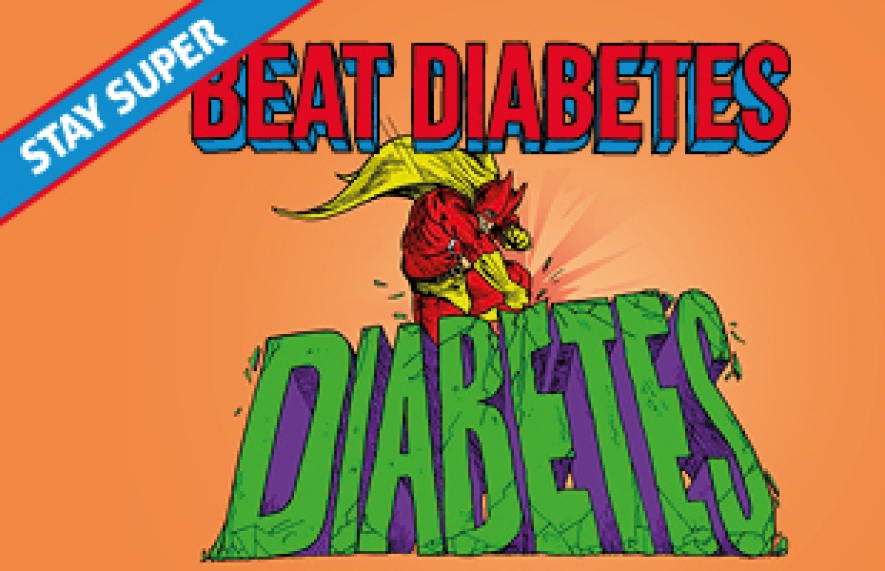Diabetes is a chronic disease that occurs either when the pancreas does not produce enough insulin or when the body cannot effectively use the insulin it produces.
Insulin, a hormone that regulates blood sugar, gives us the energy that we need to live. If it cannot get into the cells to be burned as energy, sugar builds up to harmful levels in the blood.
There are 2 main forms of the diabetes. People with type 1 diabetes typically make none of their own insulin and therefore require insulin injections to survive.
People with type 2 diabetes, the form that comprises some 90% of cases, usually produce their own insulin, but not enough or they are unable to use it properly. People with type 2 diabetes are typically overweight and sedentary, two conditions that raise a person’s insulin needs.
Over time, high blood sugar can seriously compromise every major organ system in the body, causing heart attacks, strokes, nerve damage, kidney failure, blindness, impotence and infections that can lead to amputations.
According to WHO, In 2008, an estimated 347 million people in the world had diabetes and the prevalence is growing, particularly in low- and middle-income countries.
In 2012, the disease was the direct cause of some 1.5 million deaths, with more than 80% of those occurring in low- and middle-income countries. WHO projects that diabetes will be the 7th leading cause of death by 2030.
The main goals of the World Health Day 2016 campaign will be to:
Increase awareness about the rise in diabetes, and its staggering burden and consequences, in particular in low-and middle-income countries;
Trigger a set of specific, effective and affordable actions to tackle diabetes. These will include steps to prevent diabetes and diagnose, treat and care for people with diabetes; and
Launch the first Global report on diabetes, which will describe the burden and consequences of diabetes and advocate for stronger health systems to ensure improved surveillance, enhanced prevention, and more effective management of diabetes.
The main goals of the World Health Day 2016 campaign will be to:
1. Increase awareness about the rise in diabetes, and its staggering burden and consequences, in particular in low-and middle-income countries;
2. Trigger a set of specific, effective and affordable actions to tackle diabetes. These will include steps to prevent diabetes and diagnose, treat and care for people with diabetes; and
3. Launch the first Global report on diabetes, which will describe the burden and consequences of diabetes and advocate for stronger health systems to ensure improved surveillance, enhanced prevention, and more effective management of diabetes.



















